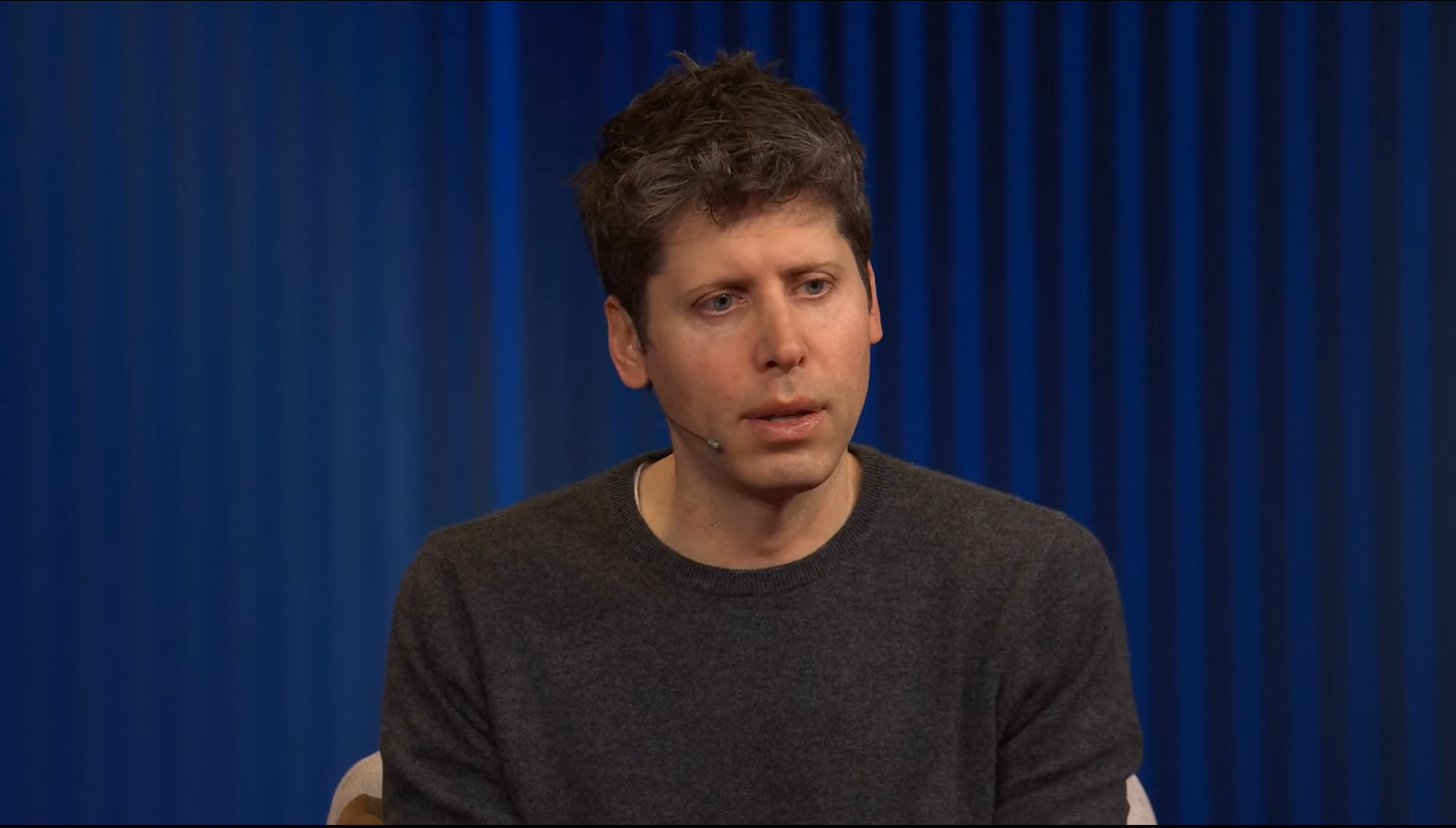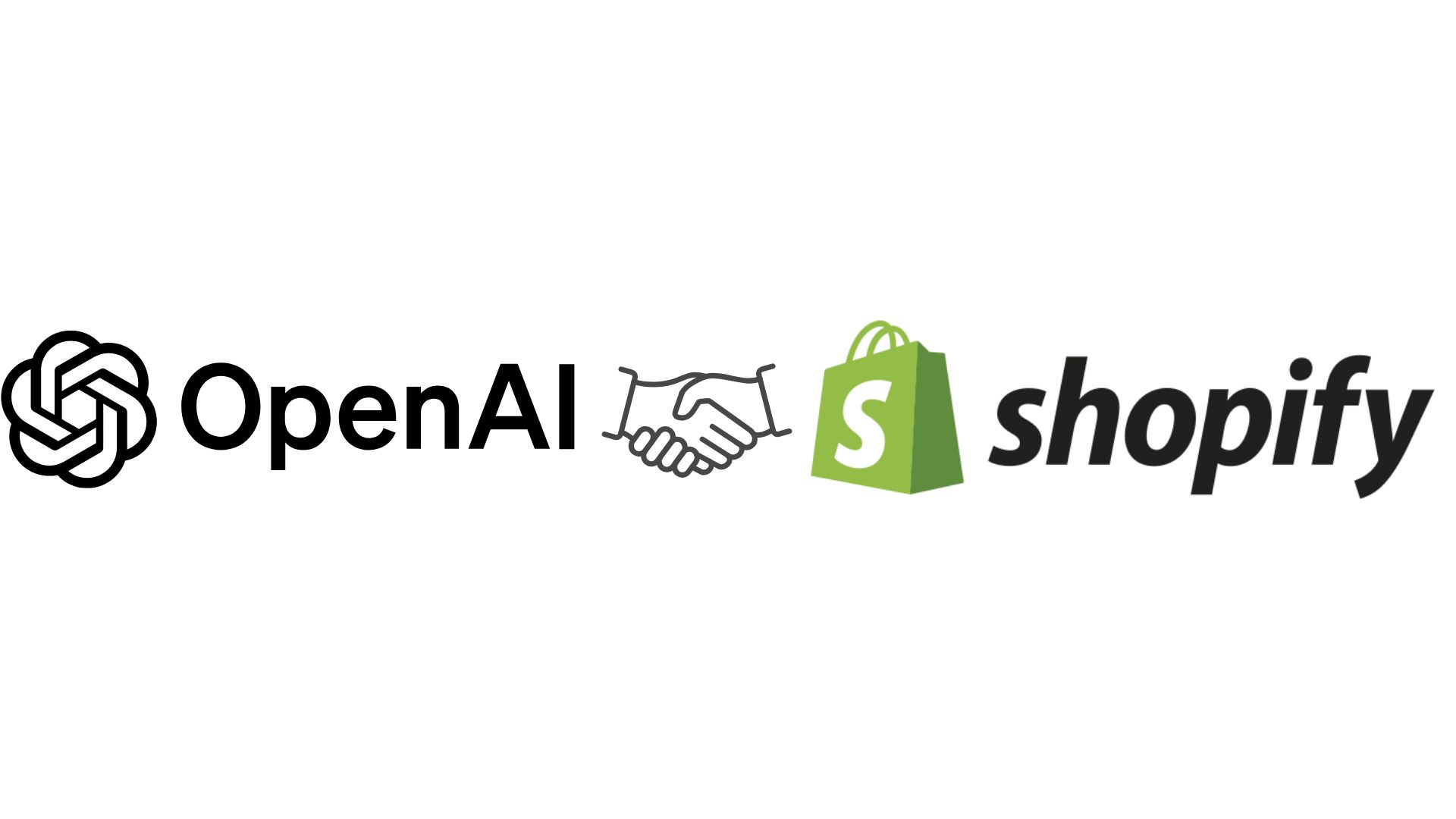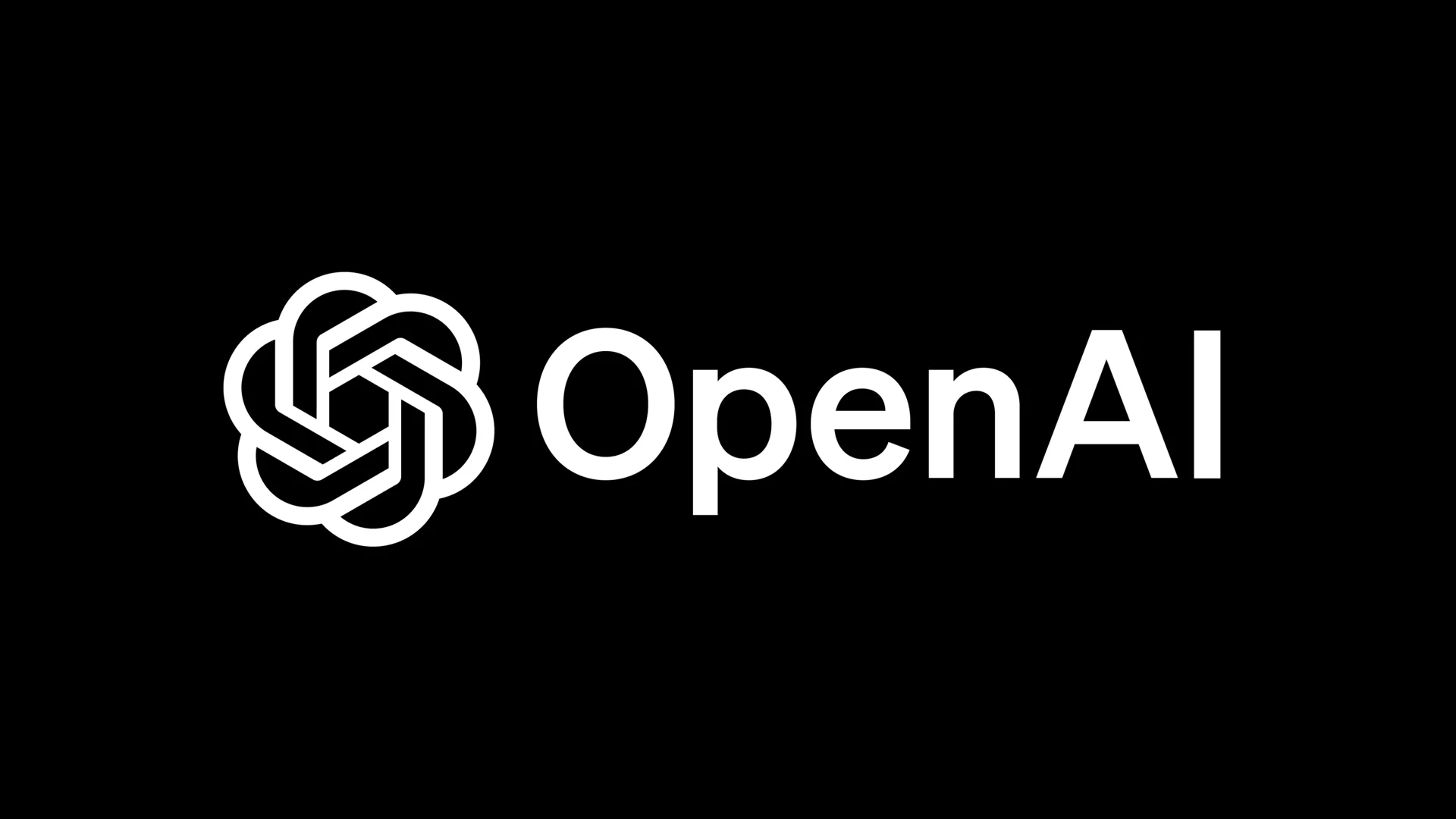OpenAI is reportedly preparing to launch an AI-powered web browser in the coming weeks, aiming to compete with Alphabet’s dominant Chrome browser, according to sources cited by Reuters.
The forthcoming browser seeks to leverage AI to reshape how users interact with the internet, while potentially granting OpenAI deeper access to valuable user data—a key driver behind Google’s advertising empire.
If adopted by ChatGPT’s 500 million weekly active users, the browser could pose a significant challenge to Chrome, which currently underpins much of Alphabet’s ad targeting and search traffic infrastructure.
The browser is expected to feature a native chat interface, reducing the need for users to click through traditional websites. The features align with OpenAI’s broader strategy to embed its services more seamlessly into users’ daily routines.
While the company declined to comment on the development, anonymous sources noted that the browser is likely to support AI agent capabilities, such as booking reservations or completing web forms on behalf of users.
The move comes as OpenAI faces intensifying competition from Google, Anthropic, and Perplexity.
In May, OpenAI acquired the AI hardware start-up io for $6.5 billion, in a deal linked to Apple design veteran Jony Ive. The acquisition signals a strategic push beyond software and into integrated consumer tools.
Despite Chrome’s grip on over two-thirds of the global browser market, OpenAI appears undeterred. Its browser will be built on Chromium—the open-source framework powering Chrome, Microsoft Edge, and other major browsers. Notably, OpenAI hired two former Google executives last year who had previously worked on Chrome.
The decision to build a standalone browser—rather than rely on third-party plug-ins—was reportedly driven by OpenAI’s desire for greater control over both data collection and core functionality.
The control could prove vital as regulatory scrutiny of Google’s dominance in search and advertising intensifies. The United States Department of Justice is currently pushing for Chrome’s divestiture as part of its broader antitrust actions against Alphabet.
Other players are already exploring the AI browser space. Perplexity recently launched its own AI browser, Comet, while The Browser Company and Brave have introduced AI-enhanced browsing features.
As the AI race accelerates, OpenAI’s entry into the browser market could redefine how users navigate and engage with the web—potentially transforming search, advertising, and digital privacy in the process.
Would you like to learn more about AI, tech and digital diplomacy? If so, ask our Diplo chatbot!










